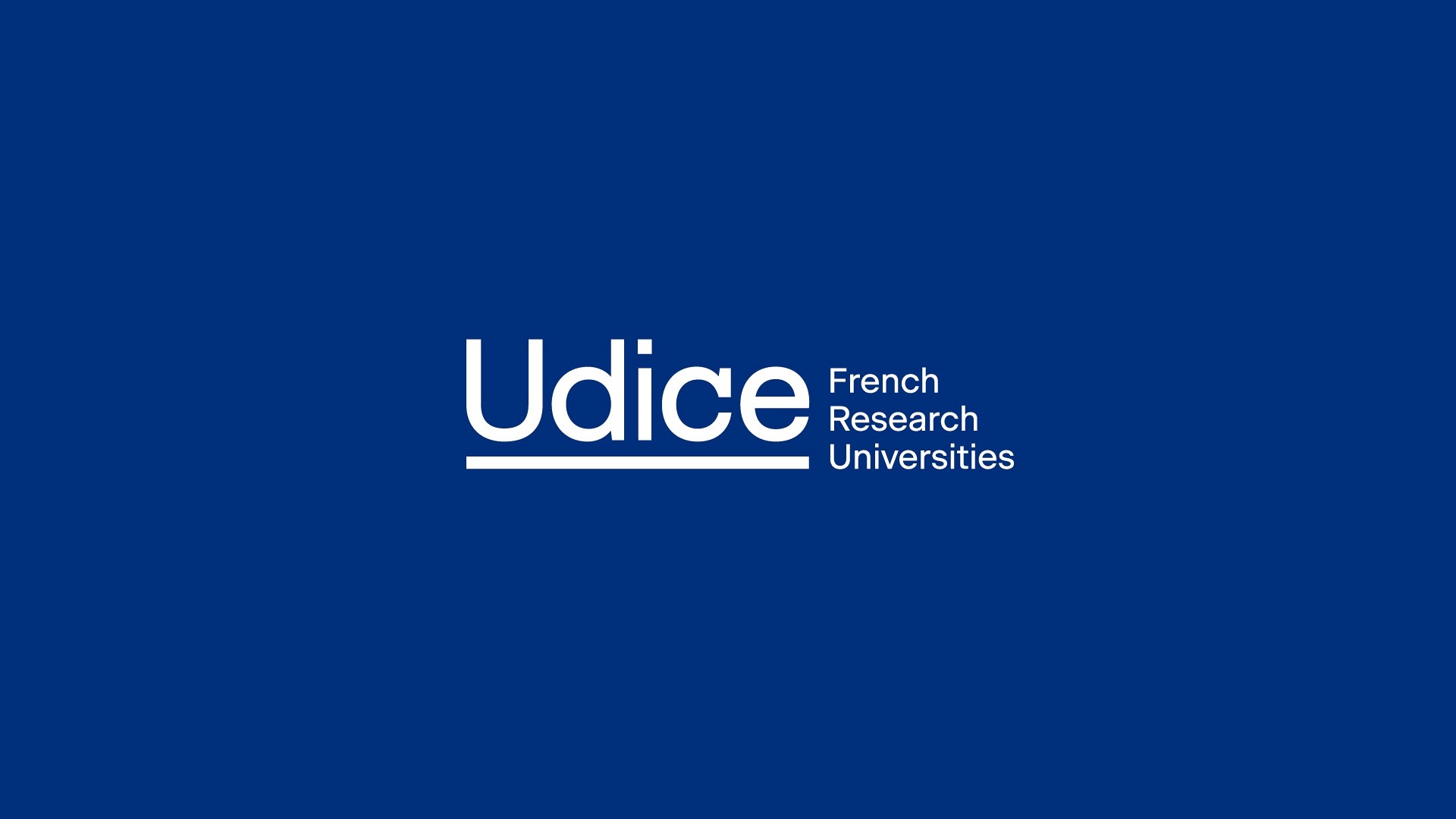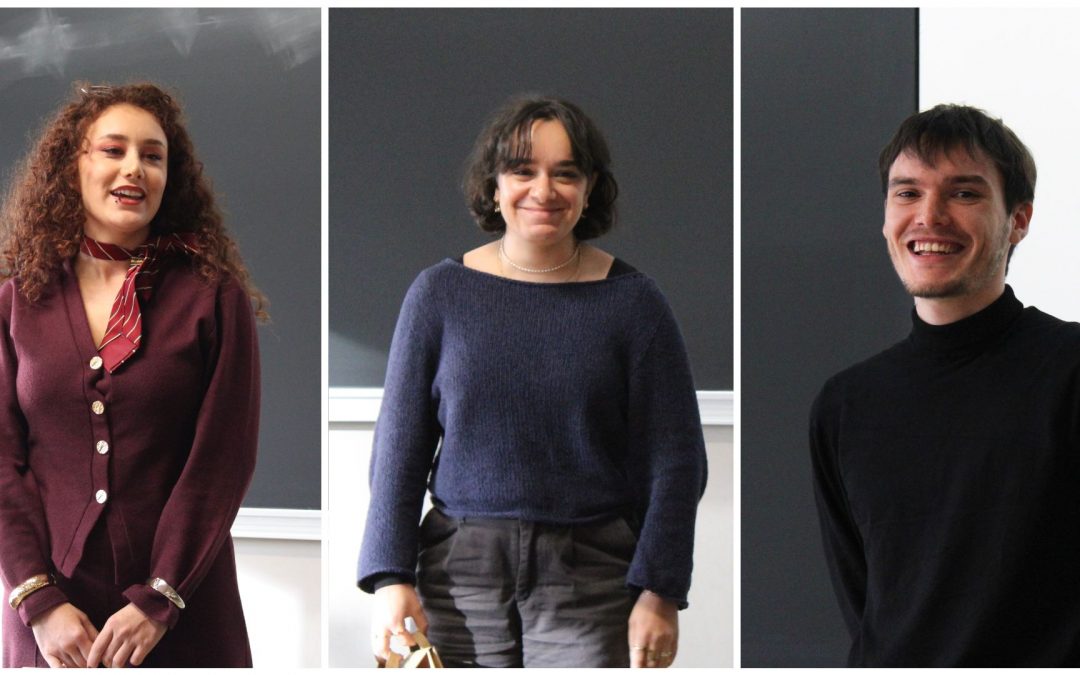The budget of the next framework programme “Horizon Europe” for the period 2021-2027 has reduced significantly over the past few months.Of the 160 billion euros requested by Jean-Claude Juncker in March 2018, the European Parliament agreed to120 in November 2018. In the end only 84.9 billion euros will be allocated to the programme, as stated by the European Parliament and the Council in their last agreement. This is just over half of the initial amount proposedand about the same as for Horizon 2020 (79 billion euros).

Lorem ipsum
Dolor sit amet, consectetuer adipiscing elit, sed diam nonummy nibh euismod tincidunt ut laoreet dolore magna aliquam erat volutpat. Ut wisi enim ad minim.
The European Research Council (ERC) is a victim of this lack of ambition.
The budget announced forthe ERC, does not live up to the expectations of the community, nor to the quality of the research proposed by researchers. As a reminder, 80% of research projects funded by the ERC “lead to scientific breakthroughs or significant advances”.
The current global pandemic should not obscure the need for a massive investment in research.
In reaction to the Covid-19 crisis, European leaders have shown great ambition to bring out leaders in key sectors for the future (hydrogen, quantum, digital, human health, ecology, etc.), and to remain in a geopolitically charged race for technology that is becoming more and more sharply polarized. There is no need to be an expert in the dynamics of innovation dynamics to see how glaringly inconsistent this is. The research community fully understands that the crisis we are undergoingr equires complex arbitrations, and it is taking its full part in the fight against the pandemic. But do not ask it to cultivate fertile ground for breakthrough innovation without the means forcutting-edge exploratory research.
For several years now, Europe has been losing momentum in investment in research and innovation.
Since 2013, the EU has been overtaken by China in terms of real investment, leaving it inthird place behind the US and China.
This amount is well below the expectations of the European research community,and is in sharp contrast to the speeches made by the German presidency of the European Union, announcing that it wished to place research and innovation at the center of its concerns. And yet, research and innovation account for two thirds of European economic growth. The budgets allocated to it cannot, and should not, be seen as a cost or an adjustment variable, but rather as an investment in Europe’s development.
The recent addition of €4 billion to the Horizon Europe budget has not yet been allocated. Udice standswith the academic community and requests to see the entire sum allocated to the funding of the ERC, the flagship of European science policy, thus sending a strong signal that member states are pursuing a policy consistent with the vision of a Europe of green deals and technological independence.
Press inquiries
- Hélène Jacquet
- Deputy-chief
- contact@udice.org
À lire aussi

Comment les microbes protègent de l’allergie
Une étude menée par des scientifiques de l'Institut Pasteur, organisme de recherche partenaire de l’Université Paris Cité, révèle que les microbes protègent le poumon contre le développement ultérieur d'allergies et d'asthme. Cette protection durable est « mémorisée »...

Nouvelles écoles d’été Circle U. !
Vous souhaitez vous inscrire aux écoles d'été de l'alliance Circle U. ? Les candidatures sont encore ouvertes pour plusieurs d'entre elles ! Renseignez-vous !

Graduate School Sustainability, Organisations and Institutions Best Thesis Awards: Celebrating Scientific Excellence in Sustainability
The Graduate School Sustainability, Organisations and Institutions held its traditional awards ceremony for the Best Theses of its students. This distinction highlights the scientific excellence of research devoted to sustainable development and sustainability. Meet...

Prix des meilleurs mémoires de la Graduate School Sustainability, Organisations and Institutions : valoriser l’excellence scientifique en soutenabilité
La Graduate school Sustainability, Organisations and Institutions a organisé sa traditionnelle cérémonie de remise de Prix des meilleurs mémoires de ses étudiantes et étudiants. Une distinction valorisant l’excellence scientifique des recherches consacrées au développement durable et à la soutenabilité. Découvrez les trois lauréates et lauréats récompensés pour la qualité de leurs travaux.
